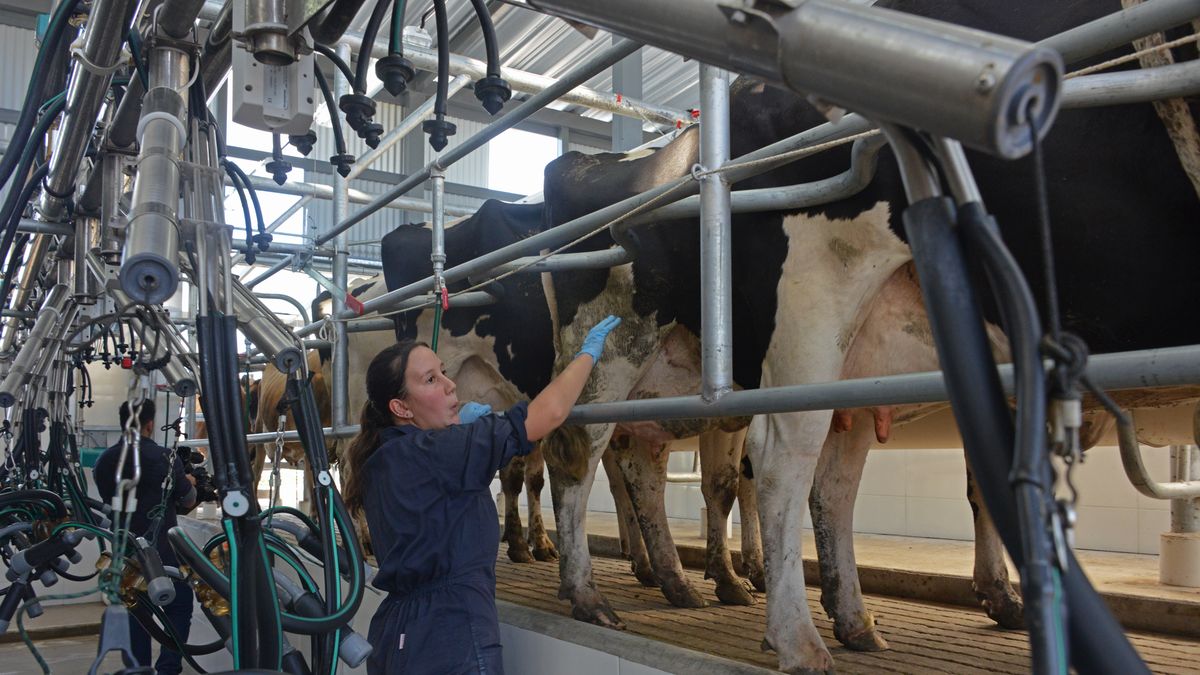Brazil is the main importer of Uruguayan milk powder, so the measures directly affect the dairy industry.
The government of Brazil, specifically that of the department of Paraná, decided to eliminate the exemption of a tax on imported dairy products due to a demand by the dairy industry of that country, which is at a disadvantage.
The content you want to access is exclusive to subscribers.
The decision of the Brazilian department directly affects the milk powder and to mozzarella cheese imported through the revocation of the exemption of Tax on the Circulation of Goods and Services (ICMS). The decision was announced by the News Agency of the State of Paraná.


The measures respond to the high level of imports of these products that directly affects the national industry of that country. In this way, imported milk powder and mozzarella will now be taxed at 7% of the ICMS, the lowest rate allowed because they are classified as basic food products, which are prohibited from being taxed at the full 19.5% rate.
On the other hand, the benefit of the alleged credit was taken away ICMS of 4%, a kind of tax incentive, with the objective of preventing the amount from being deducted from other credits of the ICMS. In addition, the government announced that it intends to regulate imports from member countries of the Mercosur.
Uruguay is the main supplier of milk powder to Brazil
If the decision is extended to the member countries of Mercosur, Uruguay would be seriously affected as the main country from which Brazil imports powdered milk.
According to data published at the end of March by the National Milk Institute (Inale), Uruguay climbed a step and positioned itself as the main supplier of whole milk powder in Brazil, surpassing Argentina.
Whole milk powder accounted for 54% of total imports from the neighboring country, achieving a total income of 27,133 tons during January and February, an increase of almost seven tons since in the same period last year the total was 20,812 tons. .
With 51% of the total imported, Uruguay became the main supplier of this product to the neighboring country, while Argentina came in second place with 44% and Paraguay in third place with 5%.
Source: Ambito




